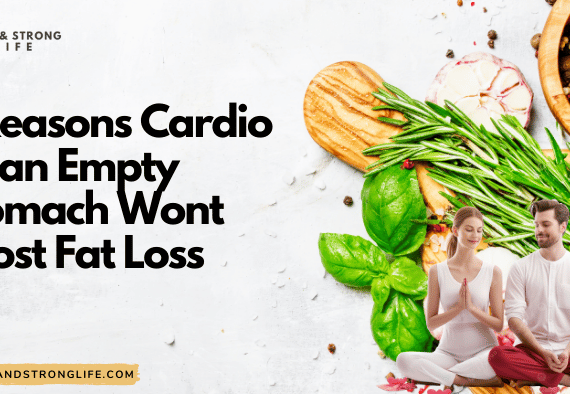The Church
Sign Up to get print & digital access to the Magazine
10-Day HIIT Challenge: Transform Your Fitness Fast!
October 6, 2024 • Views: 0
Table of Contents What is HIIT? Benefits of HIIT 10-Day HIIT Challenge Overview Daily Workout Breakdown Tips for Success FAQs Conclusion What is HIIT? High-Intensity Interval Training (HIIT) is a workout strategy that alternates short bursts of intense exercise with periods of lower-intensity recovery or rest. This training method is...
10 Inspiring Running Challenges to Boost Your Fitness Journey
October 5, 2024 • Views: 0
Table of Contents Introduction 1. Couch to 5K Challenge 2. 30-Day Running Streak 3. Half Marathon Training Plan 4. Virtual Race Series 5. Charity Runs 6. Trail Running Challenge 7. Monthly Mileage Challenge 8. Speed Work Challenge 9. Themed Runs 10. Running with a Purpose Conclusion FAQs Introduction Running is more than just a form...

September 27, 2024 • Views: 0
Top 5 Technologies Revolutionizing Body Composition Analysis
Table of Contents Introduction 1. Bioelectrical Impedance Analysis (BIA) 2. Dual-Energy X-ray...
September 26, 2024 • Views: 0
Top 7 Strategies for Effective Body Recomposition Today
Table of Contents Understanding Body Recomposition Set Clear Goals Prioritize Strength Training...
May 21, 2024 • Views: 0
Top 7 Group Cardio Classes to Boost Your Fitness Fun
Table of Contents Introduction 1. Zumba: Dance Your Way to Fitness 2. Spin Classes: Pedal Your Heart Out 3. Kickboxing: Punch Up Your...

May 24, 2024 • Views: 0
7 Essential Cool-Down Techniques for Effective Cardio Recovery
Introduction After a vigorous cardio session, your body deserves some tender loving care. Cool-down...
May 23, 2024 • Views: 0
7 Essential Warm-Up Routines for Effective Cardio Workouts
Table of Contents Why Warm-Up Routines Matter Dynamic Stretching Light Jogging High Knees Butt...
Popular this week
Popular posts:
September 7, 2024 • Views: 0
Debunking the Late-Night Eating Weight Gain Myth
September 6, 2024 • Views: 0
5 Reasons Cardio on an Empty Stomach Wont Boost Fat Loss
September 5, 2024 • Views: 0
5 Reasons Fat Doesn’t Turn Into Muscle: The Truth Revealed
September 4, 2024 • Views: 0
5 Reasons You Dont Need to Work Out Every Day

Your trusted guide to fitness, nutrition, and wellness. Empowering you with expert advice and actionable tips to live a healthier, stronger life.
For inquiries, email us at [email protected].










